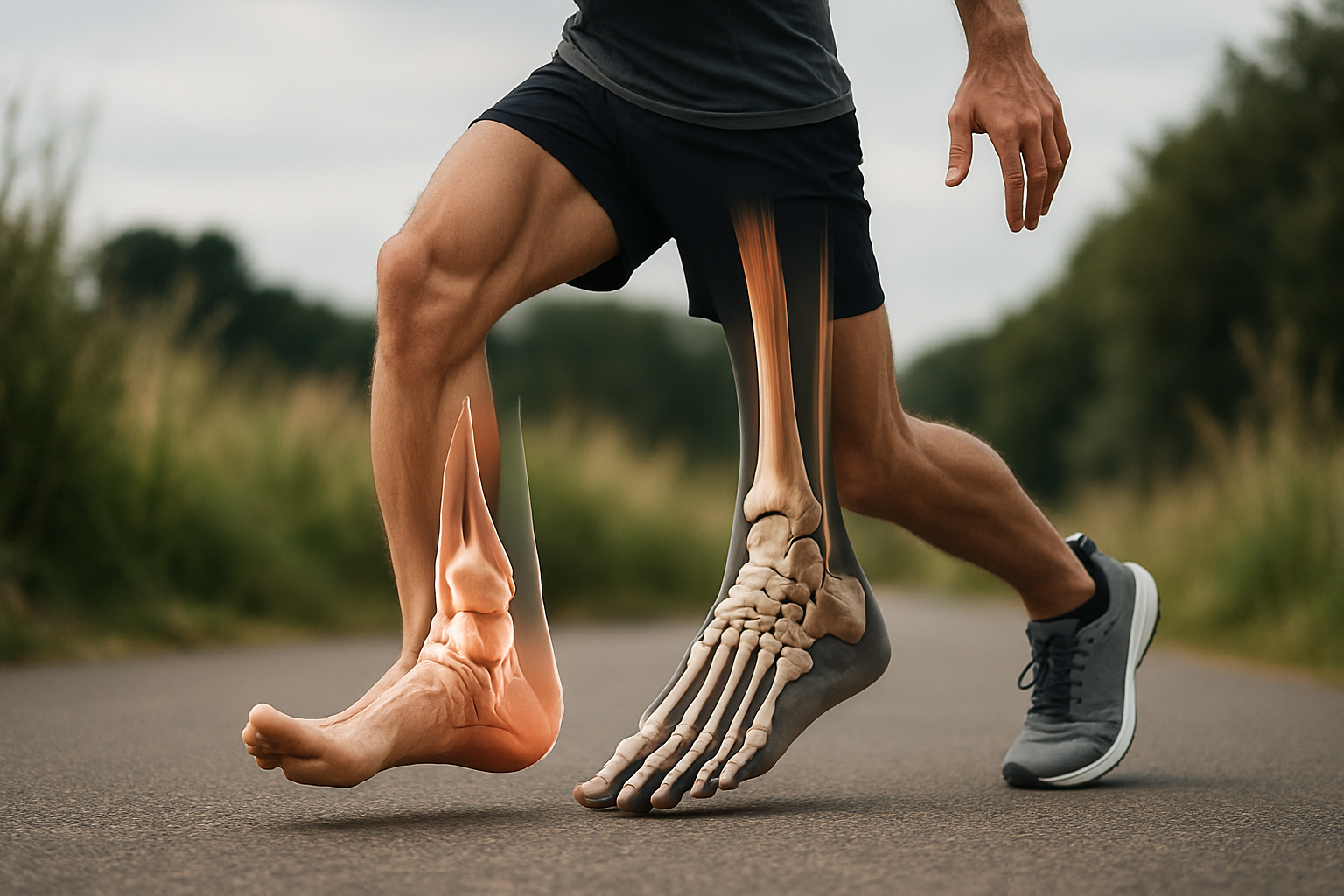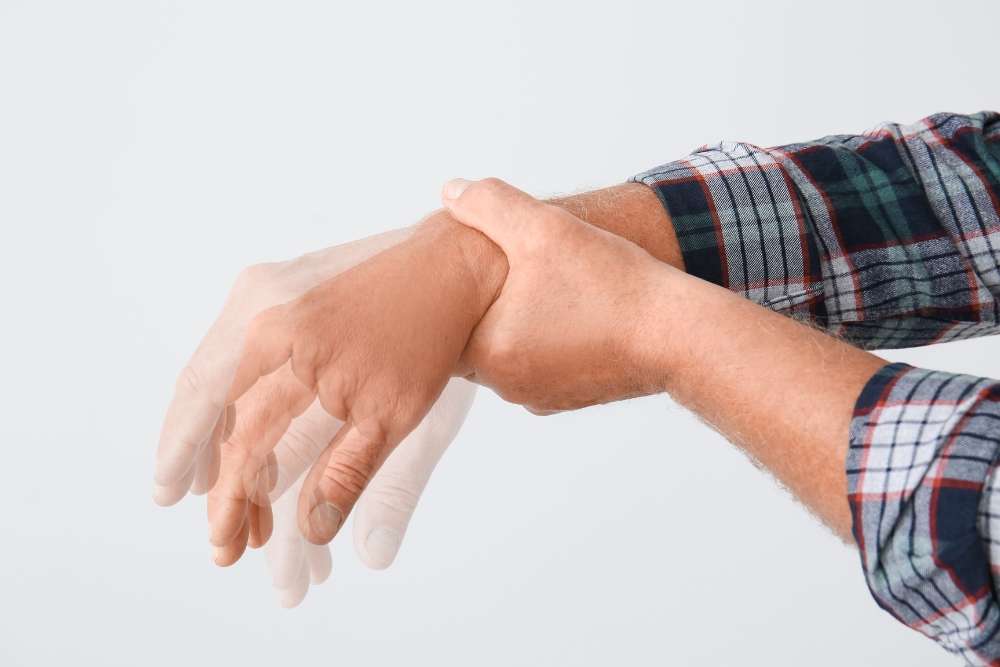Diverticulitis Treatment: Understanding Options and Approaches
Diverticulitis is a condition characterized by inflammation or infection of small pouches (diverticula) that form in the digestive tract, most commonly in the colon. This condition can cause significant discomfort and, if left untreated, may lead to serious complications. Understanding the available treatment options is crucial for those affected by diverticulitis.

How is diverticulitis diagnosed?
Accurate diagnosis of diverticulitis is essential for effective treatment. Healthcare providers typically begin with a thorough physical examination and review of medical history. Diagnostic tests may include blood tests to check for signs of inflammation or infection, stool samples to rule out other digestive issues, and imaging studies such as CT scans or colonoscopies. These tests help confirm the presence of diverticula and assess the extent of inflammation in the colon.
What are the conservative treatment options for diverticulitis?
For mild cases of diverticulitis, conservative treatment approaches are often the first line of defense. These may include:
-
Antibiotics: Oral antibiotics are commonly prescribed to treat the infection associated with diverticulitis.
-
Liquid diet: Temporarily switching to a clear liquid diet allows the digestive system to rest and heal.
-
Pain management: Over-the-counter pain relievers may be recommended to alleviate discomfort.
-
Gradual diet reintroduction: As symptoms improve, a gradual return to solid foods is typically advised.
-
Fiber supplementation: Once the acute phase has passed, increasing fiber intake can help prevent future episodes.
When is surgery necessary for diverticulitis treatment?
While many cases of diverticulitis can be managed with conservative treatments, surgery may be necessary in certain situations. Surgical intervention is typically considered when:
-
Complications such as abscesses, fistulas, or bowel obstructions develop.
-
Multiple recurrent episodes of diverticulitis occur despite medical management.
-
There is a risk of colon perforation or severe bleeding.
The most common surgical procedure for diverticulitis is a bowel resection, where the affected portion of the colon is removed and the healthy sections are reconnected.
How can lifestyle changes help manage diverticulitis?
Lifestyle modifications play a crucial role in managing diverticulitis and preventing future flare-ups. Key strategies include:
-
Adopting a high-fiber diet rich in fruits, vegetables, and whole grains.
-
Staying well-hydrated to promote healthy bowel function.
-
Engaging in regular physical activity to support overall digestive health.
-
Managing stress through relaxation techniques or mindfulness practices.
-
Avoiding smoking and limiting alcohol consumption.
What are the long-term management strategies for diverticulitis?
Long-term management of diverticulitis involves a combination of medical supervision and self-care. Regular follow-up appointments with healthcare providers are important to monitor the condition and adjust treatment plans as needed. Patients are often advised to maintain a high-fiber diet, stay hydrated, and be vigilant about recognizing early signs of flare-ups. In some cases, periodic colonoscopies may be recommended to assess the health of the colon and detect any potential complications.
This article is for informational purposes only and should not be considered medical advice. Please consult a qualified healthcare professional for personalized guidance and treatment.




